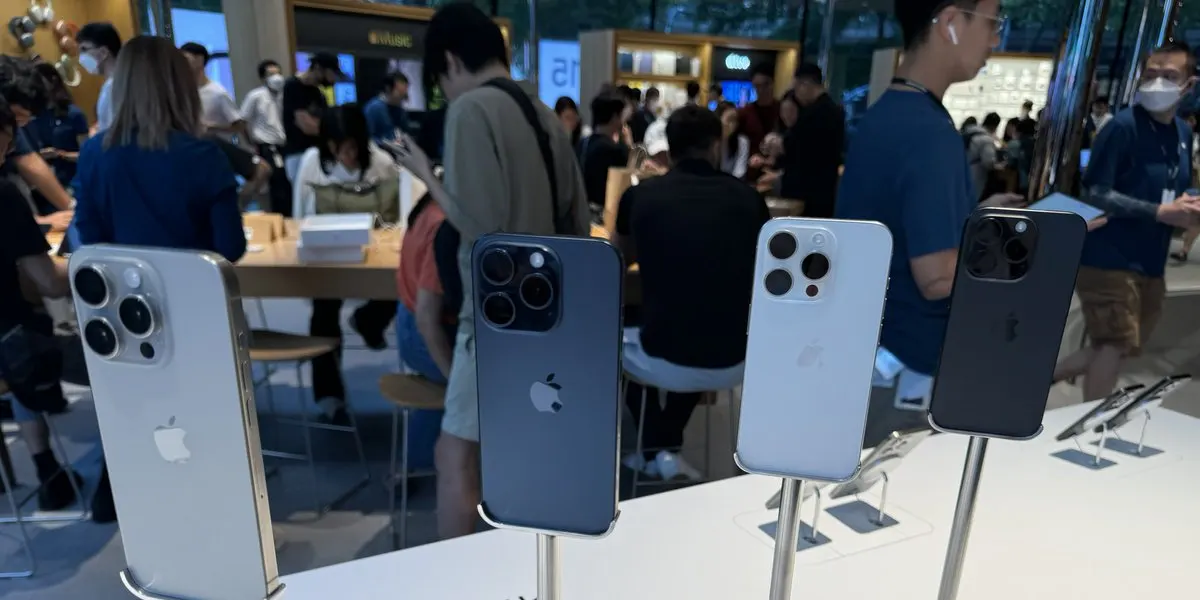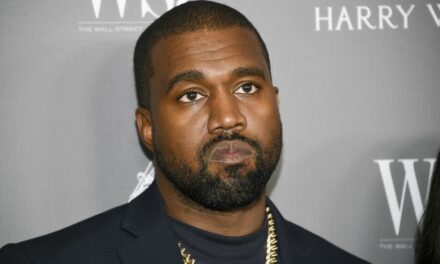Huawei may be poised to become the dominant player in China’s highly competitive smartphone market, but a recent announcement from Apple’s top executives is debunking its claims that iPhone demand has gone down.
In an interview with a leading news network on Thursday, November 2nd, Apple CEO Tim Cook announced that iPhone sales in China set a new record for the quarter that ended on September 30th. Indeed, Cook pointed out that Apple products made up four of the top five best-selling mobile devices in the Chinese Mainland’s key cities.
Indeed, Apple gained a significant share of the Chinese smartphone market between July and September of this year, regardless of market contraction throughout the same period. This, in and of itself, may be construed as a way of assuring investors that the mobile telephony titan retains a strong foothold on the market despite facing serious competition from revitalized Huawei and other domestic and foreign competitors.
Cook also expressed hope that his company would be able to sell a greater number of iPhones throughout the 2023 Holiday Season.
Not as It Seems
But despite Cook’s positive and optimistic report, research consultancies feeling the pulse of the Chinese market say otherwise.
Leading tech market analysis firm Canalys pointed out that, overall, the total sale of smartphones in China dropped by 3% during the third quarter; iPhone sales, in particular, went down 6% during the period. Indeed, Apple’s sales figures in China have been dropping consistently over the past three quarters of the current fiscal year.
Despite this, analysts are still optimistic that demand for Apple products in the fourth quarter will grow as it is possible for a rebound to occur in the country’s mobile phone sector.
However, this could prove to be an uphill battle in the face of the competition. Sales of domestic player Huawei grew significantly throughout the third quarter, given the aggressive marketing for its Mate 60 Pro phone which courted controversy thanks to its use of locally developed and produced chips, openly flouting economic sanctions that prevented access to chips from the United States.















